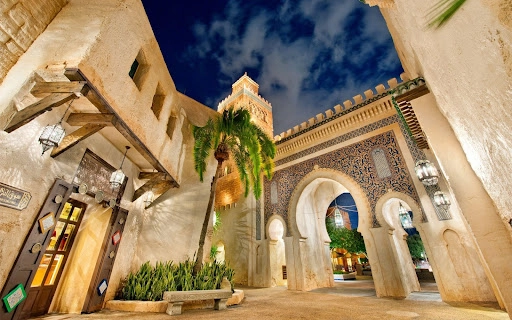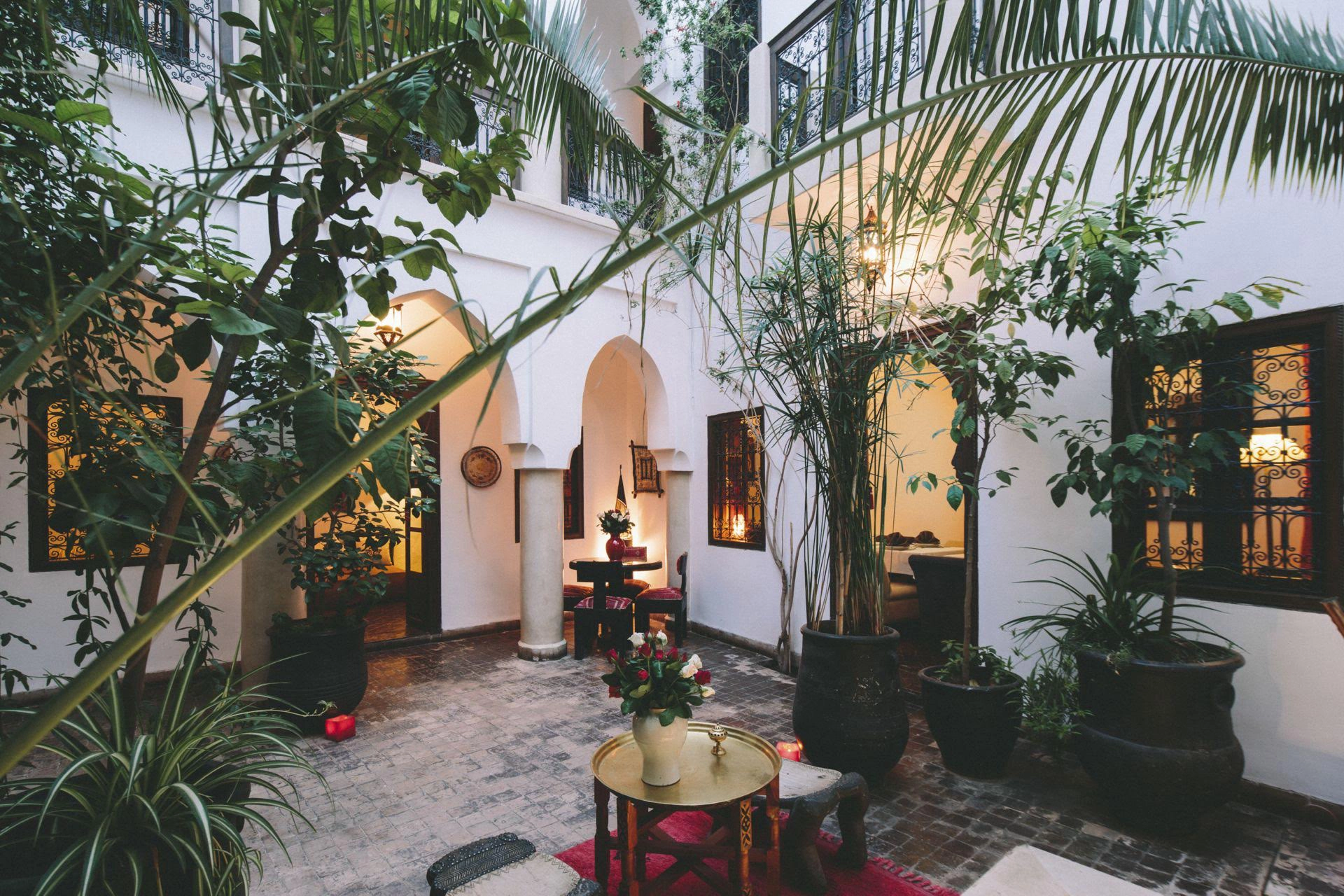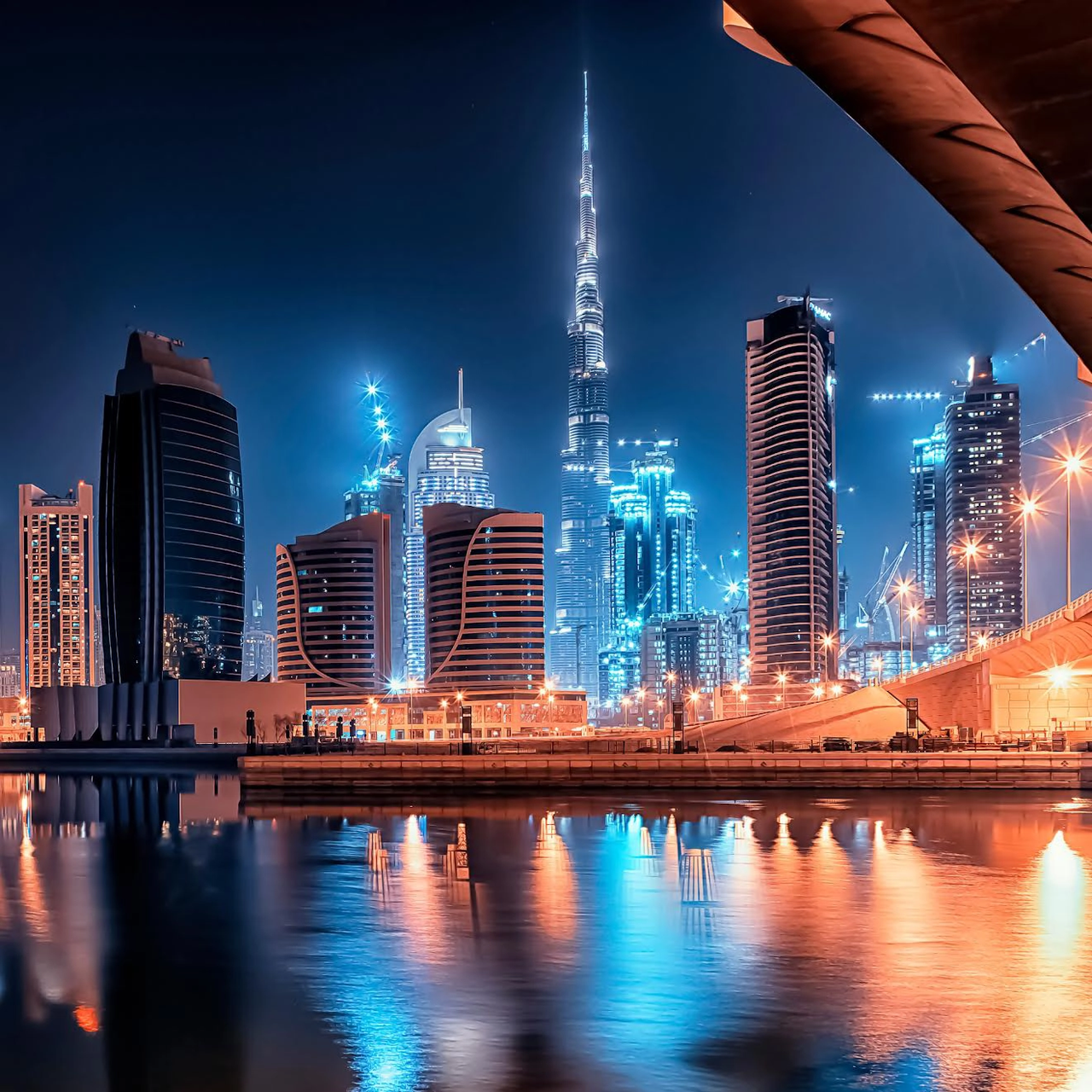Can Foreigners buy Real Estate in Morocco ?
Yes, foreigners, both residents and non-residents, have the opportunity to buy real estate in Morocco.
However, there is a restriction on the acquisition of agricultural lands. Foreigners are not allowed to buy agricultural properties in Morocco. This restriction is in place to preserve agricultural resources and ensure that land intended for farming remains in the hands of Moroccan citizens.
Nevertheless, there is a provision in the law that allows foreigners to acquire agricultural properties if the purpose is for non-agricultural investment projects. In such cases, foreigners can obtain a non-agricultural vocation certificate, which grants them permission to use the agricultural land for non-agricultural purposes.
Can Foreigners Transfer Money from Real Property Sales in Morocco without Restrictions?
According to the rules set by the Moroccan General Instruction for Foreign Exchange Operations, when the acquisition is financed by a foreigner using foreign currency deposited in a convertible dirham account with a Moroccan bank, it is possible, upon resale of the property, to convert the received price in Moroccan dirhams into foreign currency and transfer the funds out of Morocco as a whole, provided that the origin of the funds is justified during the acquisition process. Of course, all Moroccan taxes must have been paid in advance.
However, if the acquisition wasn’t financed with justified foreign currency, the foreigner can carry out this exchange operation and transfer the price abroad, but, only in increments of 25% per year, starting one year after the sale, over a period of four effective years.
On the other hand, rental income generated from the property can be transferred without any limitations on the amount or timeframe, regardless of whether the property was financed in foreign currency or Moroccan dirhams. This means that foreigners can freely transfer the rental income they earn from the property out of Morocco, without any restrictions.
Can Foreigners Obtain Mortgage Loans from Moroccan Banks for Real Estate Acquisition?
The acquisition of real estate can be partially or fully financed through a mortgage loan from a Moroccan bank.
However, foreigners who intend to finance their real estate acquisition in Morocco through a mortgage loan from a Moroccan bank should note that they can convert the proceeds from selling the property into foreign currency and transfer the funds out of Morocco without restrictions if the loan amount does not exceed 70% of the property’s price and the remaining portion is financed in foreign currency.
How can I protect myself when making down payments or security deposits in a real estate transaction ?
When making down payments or security deposits in a real estate transaction in Morocco, it is crucial to take certain precautions to protect your interests. Here are the key precautions to consider :
- Verifying Property Ownership: Before making any payments or entering into a real estate transaction, it is crucial to verify the ownership of the property. Conduct thorough due diligence and obtain official documentation, such as property deeds or land titles, to confirm the seller’s legal ownership rights.
- Involving a Notary : It is highly recommended to make the payments through a notary. This can be done by depositing the funds with the notary, who will securely hold the money and release it to the seller only after the completion of the sale. This method provides an extra layer of security as the funds are held by a neutral and trusted party.
- Establish a Preliminary Agreement : It is advisable not to make any payments to the seller without first establishing a preliminary agreement, such as a sales agreement, in which the notary records the funds and specifies the conditions for reimbursement in case the sale does not go through as planned.
- Verifying Powers of Attorney : If the seller designates a representative to handle the transaction and receive payments on their behalf, it is essential to verify the validity and specificity of the power of attorney. Ensure that the power of attorney is recent, explicitly granted for the specific purchase transaction, and authorized by the seller.
Contact Us for Professional Real Estate Consulting Services
We can provide guidance and assistance throughout the entire process of acquiring real estate in Morocco. Our team can offer expert advice to help you make informed decisions and choose the best options suited to your needs.
From reviewing property listings to conducting due diligence, negotiating contracts, and navigating the necessary paperwork, our firm can provide comprehensive assistance at every stage.
Our goal is to protect your interests, minimize risks, and facilitate a successful real estate acquisition in Morocco.
Feel free to reach out to our advisory firm for dedicated legal support and assistance throughout your journey of acquiring real estate in Morocco.
+212 5 22 26 59 90
info@mkonsulting.ma
Disclaimer : The content of this article is intended to provide a general guide to the subject matter. Specialist advice should be sought about your specific circumstances.



